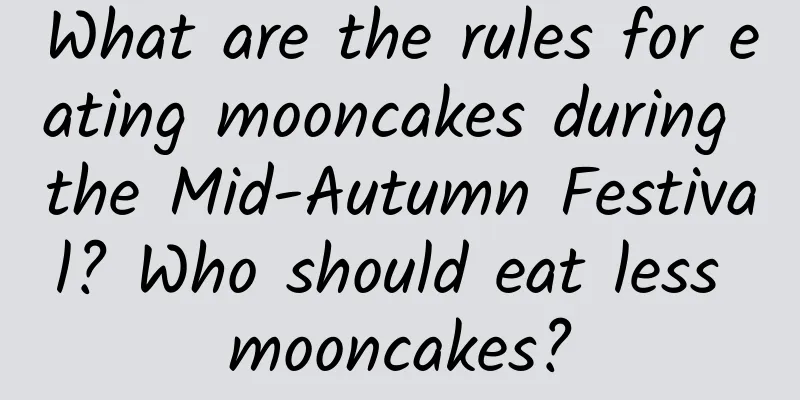World Obesity Day丨"Puffy" or Strong, which type of obesity are you?

|
May 11 is the annual World Obesity Day. The homonym of 5.11 is "I want 1", and the last "1" represents slimness, which means "I want to lose weight". Many women often say "I am too fat" or "I want to lose weight" in their daily lives, but in fact, many people's weight is within the normal range, but their body fat percentage exceeds the standard. Many people judge whether they are obese by their weight, and think that a rapid weight loss means successful weight loss. In fact, this is not the case. In addition to fat weight, the composition of body weight also includes muscles, bones, blood, water, and other non-fat tissues. Compared with body weight, body fat percentage can better reflect the body composition and better judge whether you are obese. The formula for body fat percentage is relatively complicated and related to age and gender. Currently, it is relatively simple to measure it through a body composition analyzer or a body fat scale. If there is no body fat scale, you can also understand the fat accumulation through circumference measurement. According to the standards of the Diabetes Branch of the Chinese Medical Association (CDS2013), men with a waist circumference ≥90CM and women with a waist circumference ≥85CM are considered abdominal obesity. Compared with simple obesity, abdominal obesity is more harmful. How to judge whether you have abdominal obesity? If you have the following conditions, you may have abdominal obesity: ① The waist circumference of women exceeds 2 feet 4, and the waist circumference of men exceeds 2 feet 7; ② Pinch the abdominal skin with two fingers 3 cm apart, the width should be larger than 1.5 fingers or 2 cm; ③When lying down or standing, the belly is higher than the chest. If you are interested, you can measure it yourself! "Fat people have more phlegm and fluid" and "Fat people have more cold and dampness". Traditional Chinese medicine believes that the pathological factors of obesity can be summarized as phlegm, blood stasis and deficiency. The treatment should be to regulate the qi mechanism and attack and supplement at the same time. It can be treated with Chinese medicine, acupuncture, ear beans and other methods. Acupuncture, cupping and other external treatment methods of traditional Chinese medicine have unique advantages for abdominal obesity. "The belt meridian...circles the body like a belt." "The Difficult Classic" says "If the belt meridian is diseased, the abdomen will be full and the waist will feel like sitting in water." From the perspective of meridian differentiation, abdominal obesity belongs to the belt meridian disease. Through acupuncture, cupping and other external treatments of traditional Chinese medicine, the belt meridian can be regulated, the meridian qi and blood flow around the belt meridian can be restored, the rise and fall of the middle-jiao qi can be regulated, the normal metabolism of the human body can be promoted, and the normal restraint of the longitudinal meridians can be restored, so as to achieve the effect of curing abdominal constriction and reducing circumference. In short, compared with simple weight loss, reducing abdominal fat accumulation and lowering body fat percentage are more correct body composition management concepts. In the process of fat loss, we should also pay attention to the changes in lean body mass, that is, the values of muscle, protein, and water. Reducing body fat percentage and reducing the loss of lean body mass are important guarantees for preventing weight loss from rebounding. Obesity is a chronic disease. Although it can be treated with traditional Chinese medicine, what is more important is the patient's long-term persistence. Good living habits, a reasonable nutritious diet, and regular physical exercise are the basis of all treatments. Only with perseverance can obesity be cured. Author: Shan Shuxiang, a postgraduate student at Beijing University of Chinese Medicine Scientific review: Liang Cuimei, deputy chief physician, Acupuncture Department, Oriental Hospital, Beijing University of Chinese Medicine |
<<: Why does my phone automatically remind me when the battery level is below 20%?
Recommend
Apple stops using TLC flash memory in response to iPhone 6 crashes
As debate mounts over a feature flaw in the iPhon...
How much does it cost to develop a digital mini program in Tangshan?
How much does it cost to be a Tangshan digital mi...
SEO article standards, what are the requirements and specifications for SEO article writing?
Many companies have many requirements for recruit...
The International Champions Cup China is coming. Has LeTV Sports incubated a football sub-ecosystem?
LeEco is an Internet company known for its "...
Deadly camouflage, color magic, how "cunning" are the insects in the rainforest?
In the remote and mysterious tropical rainforest,...
Why is Zhengzhou said to be the “hometown” of Tang blue and white porcelain?
"I can proudly say that Zhengzhou is the hom...
Global iPhone supply is limited in the short term: Apple's US website also begins to limit purchases
Beijing time, March 20th morning news, according ...
Losing both hardware and software: Why is Apple's licensing of operating systems a "dirty move"?
In response to the declining sales of Apple iPhon...
How to do user recall? 10 strategies!
In fact, whether it is recalling users who have a...
Smart TVs will not be able to surpass functional TV products within three years
In recent years, the wave of intelligence has swe...
Apple iOS 16.2 / iPadOS 16.2 Developer Preview Beta Released: New Borderless Notes App
On October 26, Apple pushed the iOS 16.2 / iPadOS...
Waymo to bring driverless cars to Detroit Auto Show
According to foreign media reports recently, Waym...
Survey shows that more than half of British companies want to set up IoT
Some companies are beginning to plan to set up a ...
Analysis of the three major growth models and core formulas in 2020
Last Spring Festival, I wrote "2019, the beg...









